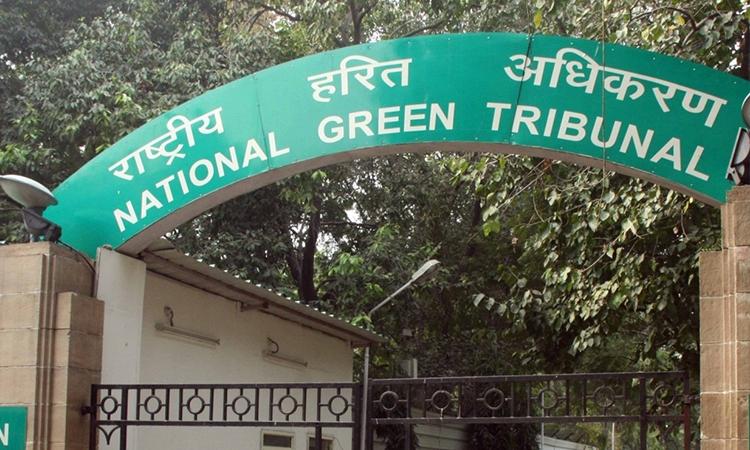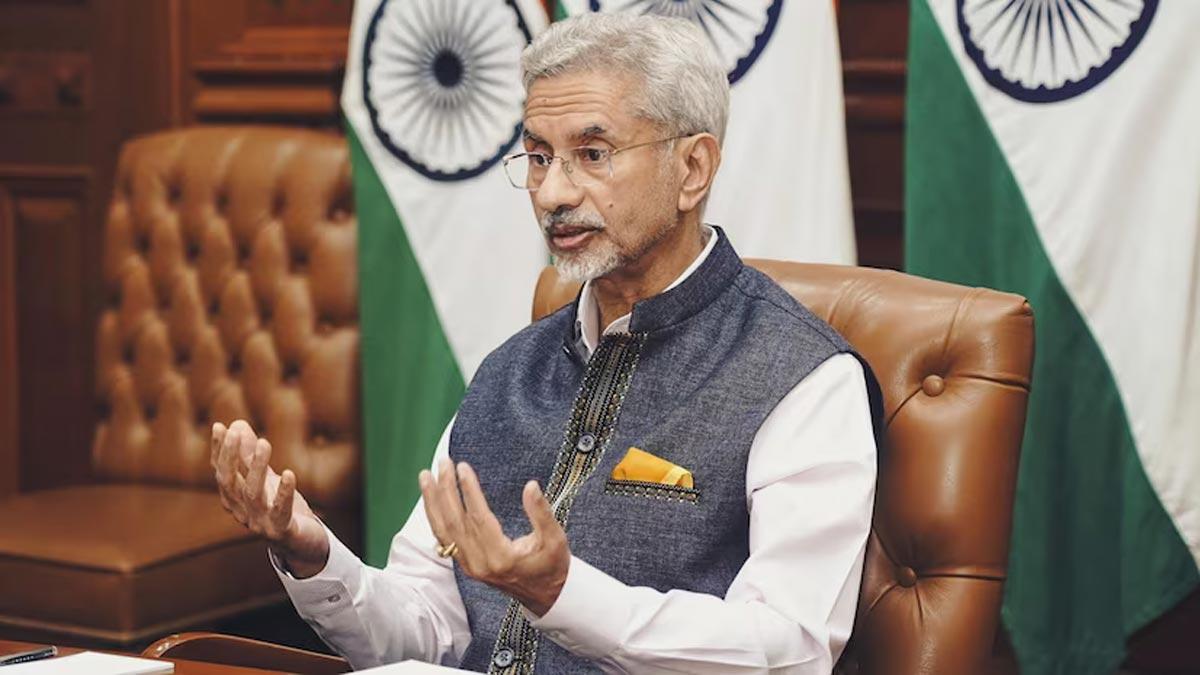The Centre on Thursday submitted before the Supreme Court that National Green Tribunal (NGT) does not have the power to take cognisance of a matter on its own.
Additional Solicitor General Aishwarya Bhati, appearing for the Environment, Forest and Climate Change Minister, submitted before a bench headed by Justice A.M. Khanwilkar and comprising Justices Hrishikesh Roy and C.T. Ravikumar that: "It is our respectful submission that the suo motu power is not there..".
She added it is not there in the statue.
The top court is examining the issue whether the NGT has the power to take suo motu cognisance of a matter.
ALSO READ | Bengal deploys 10 IPS officers to assist SIT probing post-poll violence
Bhati contended that tribunal's powers cannot be bound by procedural constraints.
"This is a peculiar tribunal dealing with environmental matters. Often, environment ends up being nobody's baby."
As the bench queried her that if tribunal were to receive an information in connection with environment, will it not be duty bound to initiate process, the ASG contended that once a letter or communication is received by the tribunal, it is within its power to take cognisance of that. She said the ministry has filed a one-page affidavit, citing that suo motu power is not there in the statute, and can't be exercised by the tribunal.
ALSO READ | Not against privatization but our plan had a logic: Rahul Gandhi
The arguments in the matter will continue on September 7.
On Wednesday, the top court had observed that violation of environmental and forest laws are not disputes between two parties only as it affects the common public.


















